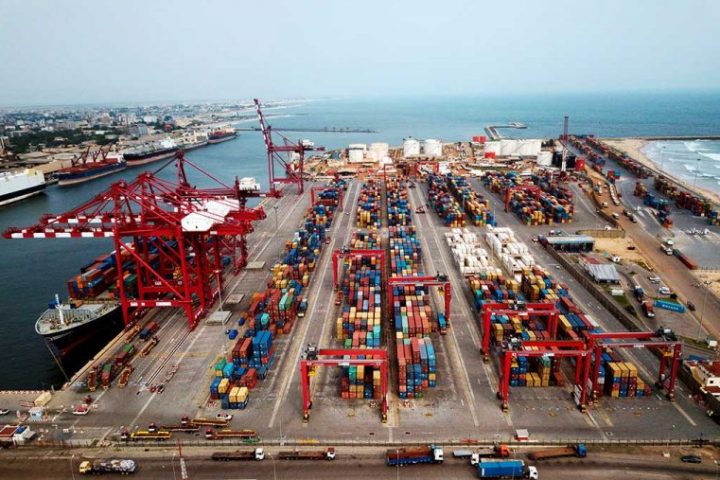Going by projections by the International Monetary Fund (IMF), South Africa is looking to briefly overtake Nigeria as the biggest economy in Africa next year with a gross domestic product (GDP) of $401 billion based on current prices in 2024, compared with Nigeria’s $395 billion.
This is according to IMF’s latest World Economic Outlook which estimated that South Africa will occupy the prime position for just one year before falling behind Nigeria once more and subsequently slipping to third place behind Egypt by 2026. But by next year, Egypt will occupy the third spot with its $358 billion GDP.
Join our WhatsApp ChannelPrime Business Africa recalls that Nigeria first trumped South Africa to become Africa’s largest economy in 2014 after the Goodluck Jonathan administration rebased the West African country’s GDP. This exercise which almost doubled and raised the GDP of the oil-producing country to just over $500 billion, shot up its ranking as the 26th biggest economy in the world at the time.
While the South African economy is expected to grow by 0.9 per cent this year and 1.8 per cent in 2024, IMF said there’s the potential for 2.5 to 3 per cent growth provided the most industrialized country in Africa addresses its power supply issues, resolves logistical bottlenecks, and implements other necessary reforms.
READ ALSO: Agenda 2050 Targets $33,000 GDP per Capita, 0.6% Poverty Rate – FG
In the case of Nigeria, economic growth is projected to slow to 2.9 per cent in 2023 from 3.3 per cent the previous year. The IMF outlined that the Nigerian economy will grow by 3.1 per cent in 2024, attributing the lag to the effects of high inflation, which has been in double digits since 2016 and currently stands at 26.72 per cent.
While IMF data shows Nigeria’s economy has eclipsed South Africa’s since 2018, its fortunes have dimmed along with a decline in production of oil and it has been grappling with runaway inflation and a plunge in the value of the naira.
Reacting to these projections, Bloomberg Africa economist, Yvonne Mhango said, “We believe the IMF’s projections reflect where it believes meaningful reforms will take place. South Africa’s transient emergence as Africa’s largest economy in 2024 is mainly due to the shrinking of Nigeria and Egypt’s GDP in dollar terms, following sharp currency devaluations.
“However, the long-term trajectory shows Nigeria and Egypt regaining their top spots, with the former taking a strong lead. For Nigeria to realise the GDP expansion projected by the IMF, we think oil output must be restored to its potential; insecurity needs tackled; and the bottlenecks in the power sector addressed.”

















Follow Us